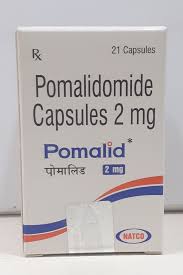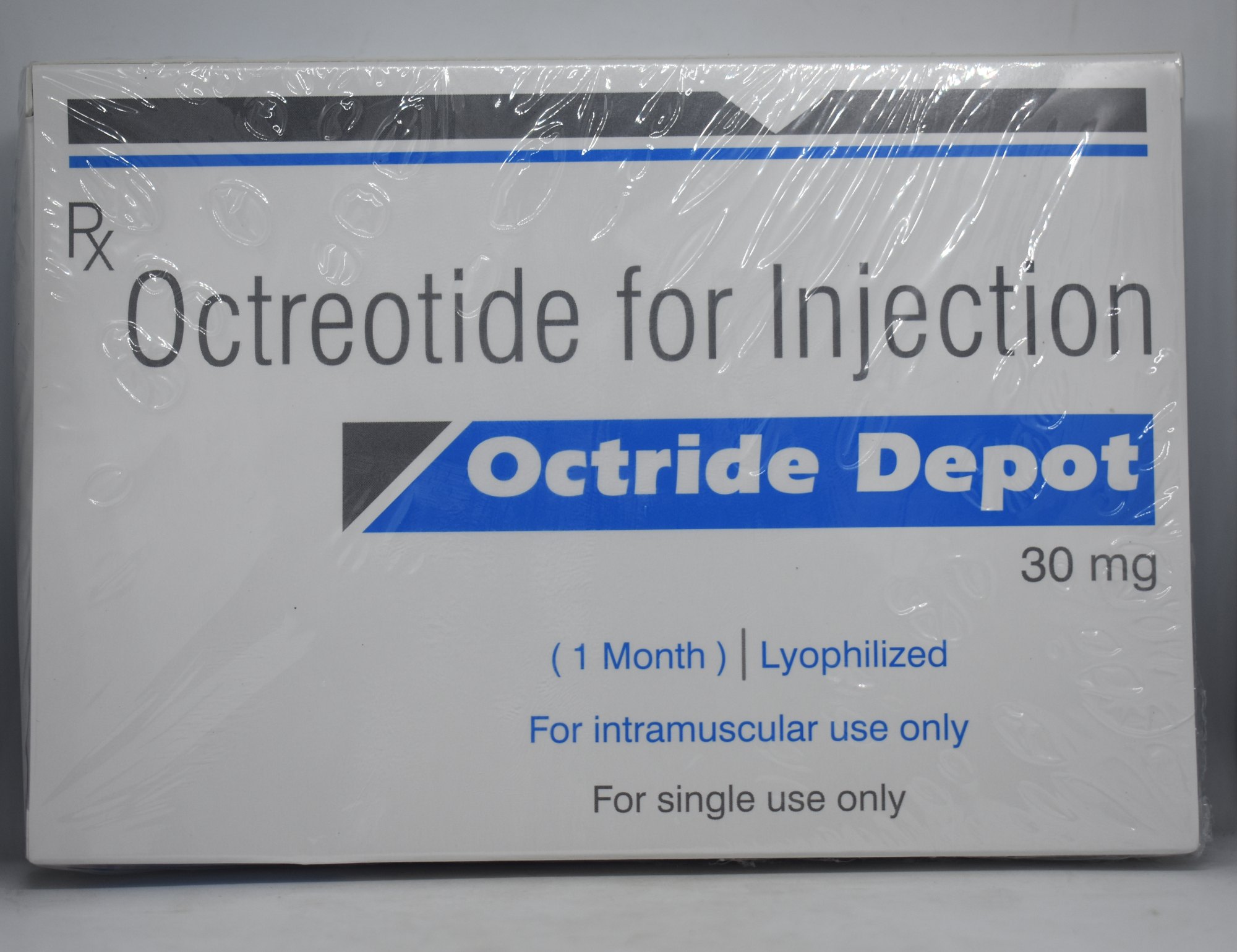Pomalid 2mg is a prescription medication used to treat certain types of cancer, including multiple myeloma and mantle cell lymphoma. It is a immunomodulatory agent that works by blocking the growth of cancer cells and stimulating the immune system.
Composition:
- Pomalid 2mg: Pomalidomide 2mg
Mechanism of Action:
Pomalidomide, the active ingredient in Pomalid, is an immunomodulatory agent that works by:
- Inhibiting the growth of cancer cells by blocking the action of specific enzymes that promote cell growth and division.
- Stimulating the immune system to attack and destroy cancer cells.
- Inhibiting the production of proteins that promote cancer cell growth and survival.
Indications:
Pomalid is approved for the treatment of:
- Multiple myeloma (MM) in patients who have received at least two prior therapies, including lenalidomide and a proteasome inhibitor.
- Mantle cell lymphoma (MCL) in patients who have received at least two prior therapies.
Dosage:
The recommended dosage of Pomalid is:
- 2mg orally once daily, taken with a meal and at the same time every day.
- The recommended duration of treatment is until disease progression or unacceptable toxicity.
Side Effects:
Common side effects of Pomalid include:
- Thrombocytopenia (low platelet count)
- Neutropenia (low white blood cell count)
- Anemia (low red blood cell count)
- Fatigue
- Diarrhea
- Constipation
- Nausea
- Vomiting
- Skin rash
- Increased risk of bleeding or bruising
Recommendation:
Pomalid is recommended for patients who have been diagnosed with MM or MCL and have not responded to other treatments or have disease that has progressed after surgery and radiation therapy.
Important Note:
- Patients taking Pomalid should be closely monitored for signs of bleeding or bruising due to the risk of thrombocytopenia.
- Patients taking Pomalid should avoid taking medications that may increase the risk of bleeding or bruising.
- Pregnant or breastfeeding women should not use Pomalid, as it may harm the fetus or infant.
- Regular follow-up appointments with your healthcare provider are necessary to monitor the effectiveness of Pomalid and to detect any potential side effects or complications.
Special Precautions:
- Patients with a history of kidney disease should be closely monitored for signs of worsening kidney function while taking Pomalid.
- Patients taking Pomalid should avoid taking medications that may interact with it, such as anticoagulants or medications that can increase blood pressure.
- Patients with a history of heart disease or high blood pressure should be closely monitored while taking Pomalid.




Reviews
There are no reviews yet.